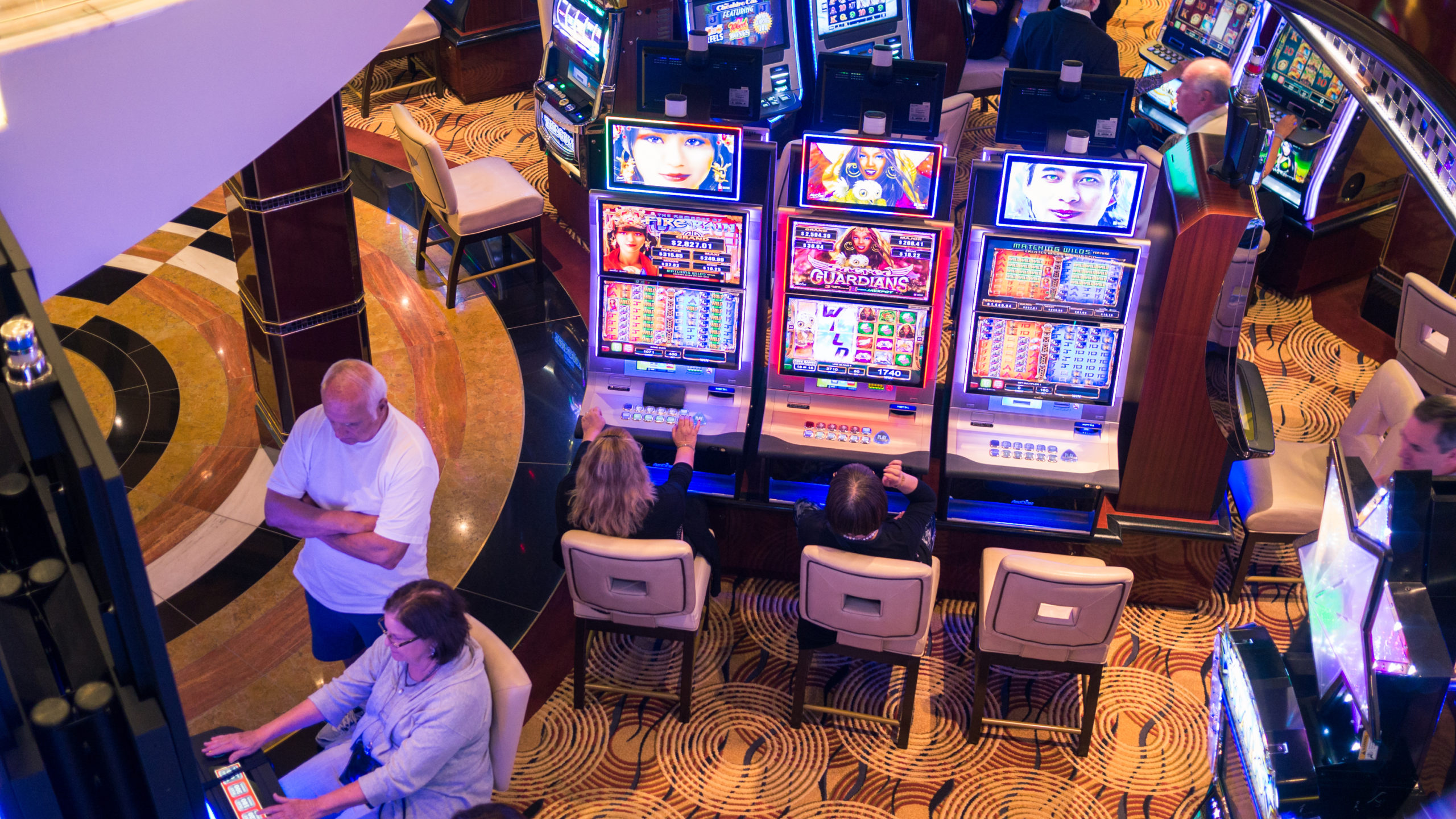The manner in which Gambling Games Reflect our Human Experience

Casino entertainment have long been a staple in human culture, offering not just entertainment but a intriguing reflection of our dreams, ambitions, and anxieties. From the spinning reels of a slot machine to the strategic gameplay of poker, these games represent a variety of human sentiments and experiences. At their core, casino games are not just a chance to earn cash; they are a reflection of life itself, where danger and gain merge and luck can change in an moment.
As players assemble around tables or sit in front of brightly lit machines, they take part in a ritual that transcends mere playing. These games reflect our instinctive desires for relationships, thrill, and the quest for chance. They also disclose deeper truths about human nature, such as our relationship with fate and the adrenaline of the unknown. In exploring casino games, we uncover not only the nuances of play but also the rich tapestry of the human experience, showcasing our intertwining narratives of aspiration and reality.
The Psychology of Gambling
Gambling is deeply rooted in human psychology, appealing to various emotions and desires. The thrill of taking risks is a fundamental aspect that attracts participants, whether the thrill of spinning a roulette wheel or the anticipation of drawing a winning card in a poker game. This rush of adrenaline is often compared to other forms of excitement, as the uncertainty of outcomes triggers a distinct psychological response. Players often become captivated by the possibility of winning big, leading to an almost magnetic draw toward gambling games.
Additionally, an essential component of the psychology behind gambling is the concept of hope and aspiration. Players often nourish fantasies of financial freedom and the opulent lifestyle that can accompany winning. This optimism fuels their ongoing participation in casino games, as it provides a sense of purpose and the conviction that a life-changing win could be just one bet away. The narrative of beating the odds and finding success resonates with many, reinforcing their dedication to play and engage with these games.
Finally, social aspects play a crucial role in gambling psychology. Casino environments are designed to foster social interaction, where players gather to share the journey of wins and losses. This communal aspect not only amplifies enjoyment but also affects behavior, as individuals often mimic the actions of others in their vicinity. The social validation found in shared excitement can enhance the emotional experience, making casino games a reflection of not just personal desires but also collective engagement within the gambling community. casino not on GamStop
## The Dual Nature of Risk and Reward
Casino games embody the delicate balance between danger and gain that resonates profoundly with human nature. The excitement of placing a bet is often accompanied by a jolt of energy, as gamblers are confronted with the chance of winning big, yet cognizant of the risk to lose. This dual experience reflects a core aspect of life: the paths we choose often come with inherent risks, and the pursuit of reward can compel us to take chances we might not otherwise consider. In this way, gambling activities echo real-world decisions, enticing players to risk not just their capital, but also their hopes.
The allure of jackpot prizes and payouts fuels a wave of hope, encouraging players to envision a more promising future that could arise from a lucky spin of the wheel or turn of a card. This positive outlook can compel individuals to engage in riskier behaviors, urging them to extend their limits in search of economic benefit. However, just as in life, the results of these risks can lead to both triumph and failure. The narratives of both jackpot winners and those who have suffered everything at the casino demonstrate the chaotic nature of luck and its impactful repercussions on our lives.
Ultimately, the interaction of engaging with gambling activities serves as a vivid illustration of the human condition. Every round played is loaded with the tension of uncertainty, as gamblers weigh the gains against the risks. This dynamic not only highlights the excitement that comes with gambling but also exposes the risks that come with the urge for more. As we explore the challenges of choice and consequence in both the gambling world and in life, we find that the search for benefit shapes our character and lives in deep ways.
Community and Isolation in Gambling Culture
Gambling culture is a distinct mix of communal interaction and individual pursuit, reflecting the contrasts of individual experience. Gamblers often gather around tables, experiencing in the thrill of the action, rejoicing in wins, and sympathizing over losses. This communal aspect is vital, as it fosters a sense of community and camaraderie among varied groups of individuals. Regular visitors to casinos may form friendships and establish routines, turning the gambling venue into a alternative home where they feel connected to a larger community of gamblers.
However, the attraction of gambling games can also lead to isolation. As individuals become engrossed in the thrill of playing, they may withdraw from personal relationships or neglect to engage with the environment outside the gaming space. For some, the pursuit of a windfall can distract from real connections, leading to loneliness. The situation of being among people yet experiencing solitary is not uncommon, as the focus shifts from collective fun to the private concerns of each player’s journey.
This interplay of community and solitude creates a vivid mosaic that defines gaming atmosphere. It showcases the complexity of human interactions, where joy and sorrow exist together. Gambling venues serve as both a sanctuary for social interaction and a platform for individual struggles, demonstrating how deeply entwined our yearning for companionship and the individual quest for wealth can be. In navigating this environment, gamblers confront their own stories—seeking both the rush of the game and the companionship of fellow gamblers, eventually reflecting the broader spectrum of individual experience.
